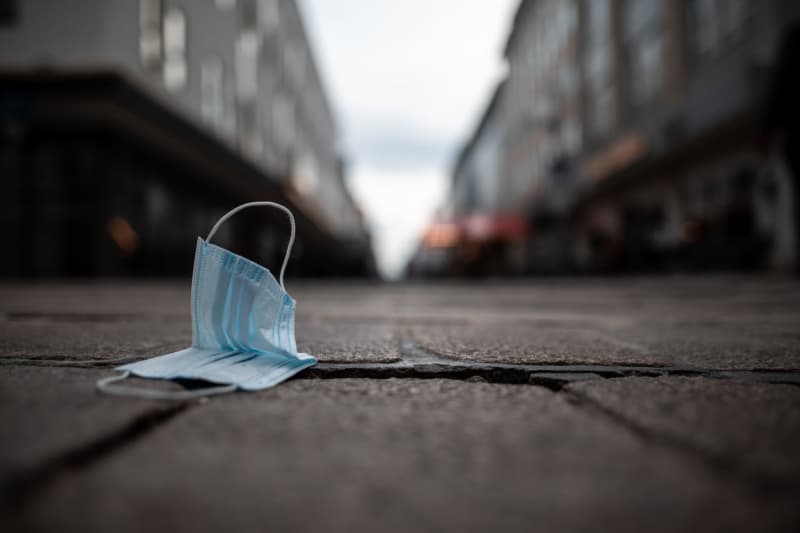
DPA

Stay at home, “meet” on Zoom, no travel beyond 5km, no pub or cinema or football or school, hospital treatments cancelled or put back, holidays out of the question, flatten the curve.
For many people, after a couple of weeks of the Covid lockdown routine, days merged as a fugue of repetitiveness and lethargy clouded minds and memories.
Life went on though, and with it some attenuated versions of what otherwise would be remembered as big news: the last-ditch hammering out of a Brexit deal between Britain and the European Union, the blocking for months of the Suez Canal by a stricken container ship, the mushroom cloud explosion at a fertiliser factory in Beirut, to list a few headline-grabbers.
But it turns out people struggle to recall the timing of such events, going by a survey carried out by Daria Pawlak and Arash Sahraie of the University of Aberdeen, the findings from which were published in May in the medical journal PLOS One.
The respondents’ recollection of the timing of events that occurred in 2021, the year before the survey was carried out, was “just as inaccurate as for events that occurred three to four years earlier” and resembled a level of recall for “those previously reported for prison inmates.”
“Accurate recollection of event timing requires ‘anchoring’ life events, such as birthday celebrations and vacations, which were lacking during Covid-19 lockdowns,” said Pawlak and Sahraie.
“In other words, many participants had difficulty recalling the timing of events coinciding with Covid-19 lockdowns,” the team said, describing the findings as echoing previous research that showed how “the social isolation resulting from Covid-19 lockdowns significantly impacted people’s activities and emotions.”
“Prior research has shown that the pandemic triggered distortions in people’s perception of time,” they added.
While the restrictions were justified by governments as a means of slowing the spread of Covid-19, “little attention was paid to the consequences that pandemic related restrictions might have on the psychological well-being of individuals,” the team wrote.
Participants were asked to complete “standard evaluations” in the survey, covering categories “related to mental health, including levels of boredom, depression, and resilience,” with those who “made more errors in event timing” at the same time “more likely to show greater levels of depression, anxiety, and physical mental demands during the pandemic,” the researchers explained.


Recommended Comments
There are no comments to display.